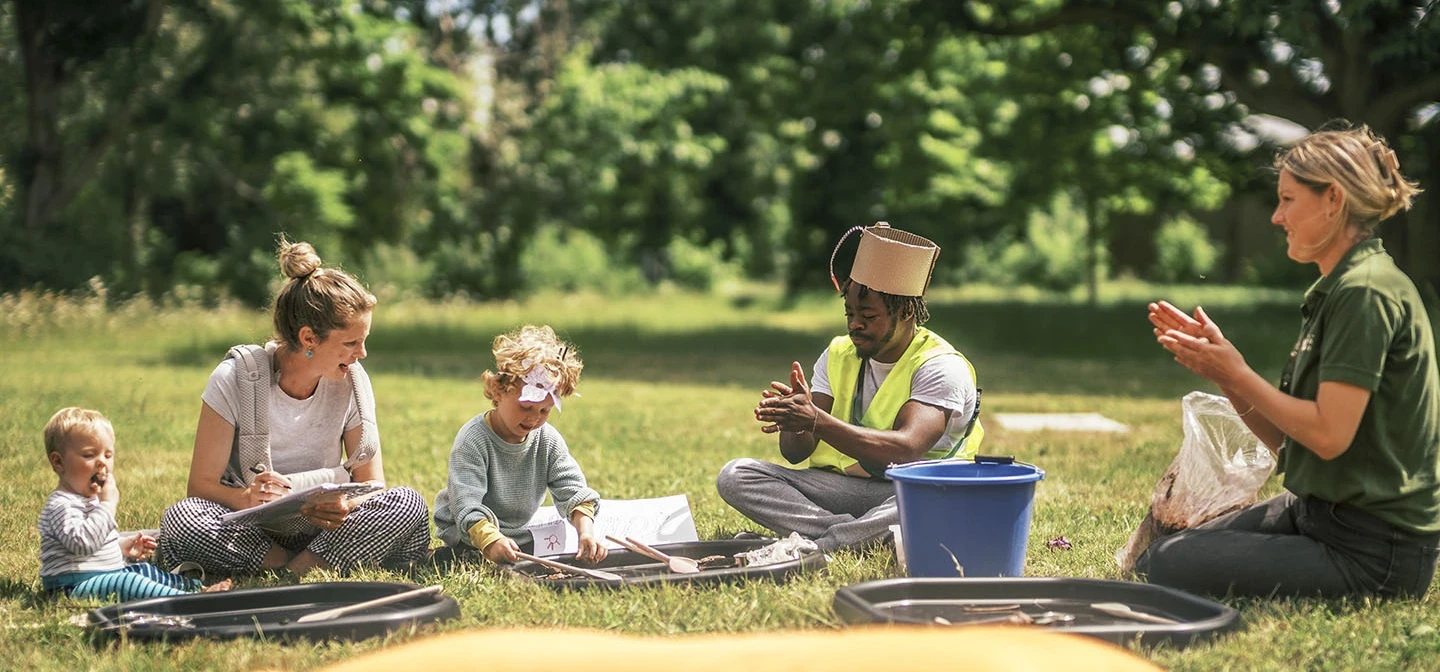
Why play should matter to us all
11th June marks the annual International Day of Play. The day was created by the United Nations to celebrate and recognise play as every child’s human right.
Play is a language understood across all countries and cultures. Play is not just about having fun (although that’s a crucial part!) it’s also vital to children’s mental, physical and emotional wellbeing.
Through play, children learn a multitude of skills including how to compromise, to regulate emotions, to develop an interest in the world around them, and to fine tune their motor skills. Play is not just a nice-to-have, it’s essential.
Unfortunately, playing outside is becoming a thing of the past. Only 27 percent of children today* say that they play regularly outside their homes, compared with 71 percent of those from the generation of children between 1946-64.

There are many reasons for this. Technology, such as mobile phones, and screens in general, are now increasingly replacing playing outside in nature. Research shows that one in four children by the age of eight has their own mobile phone and a quarter of young children use their phones in a way that aligns with behavioural addiction.**
The Royal Parks charity has made play a priority and it is our goal to create lots of opportunities for outdoor play in nature. We understand that repressing a child’s instinctual need to play can have a knock on consequence to children’s mental health, including the ability to socialise and relate to peers.
Across the Royal parks there are 14 playgrounds and in the last few years the charity has refurbished or partially refurbished the following playgrounds: Petersham Playground in Richmond Park, Gloucester Gate Playground in The Regent’s Park, Greenwich Park Playground and the Primrose Hill Playground. Accessibility has been a key component of the new designs, to ensure that children of all abilities can play together. Where possible, we also choose materials that reflect the natural world such as wood, bark and willow, and increasingly we are planting trees and shrubs in these spaces.
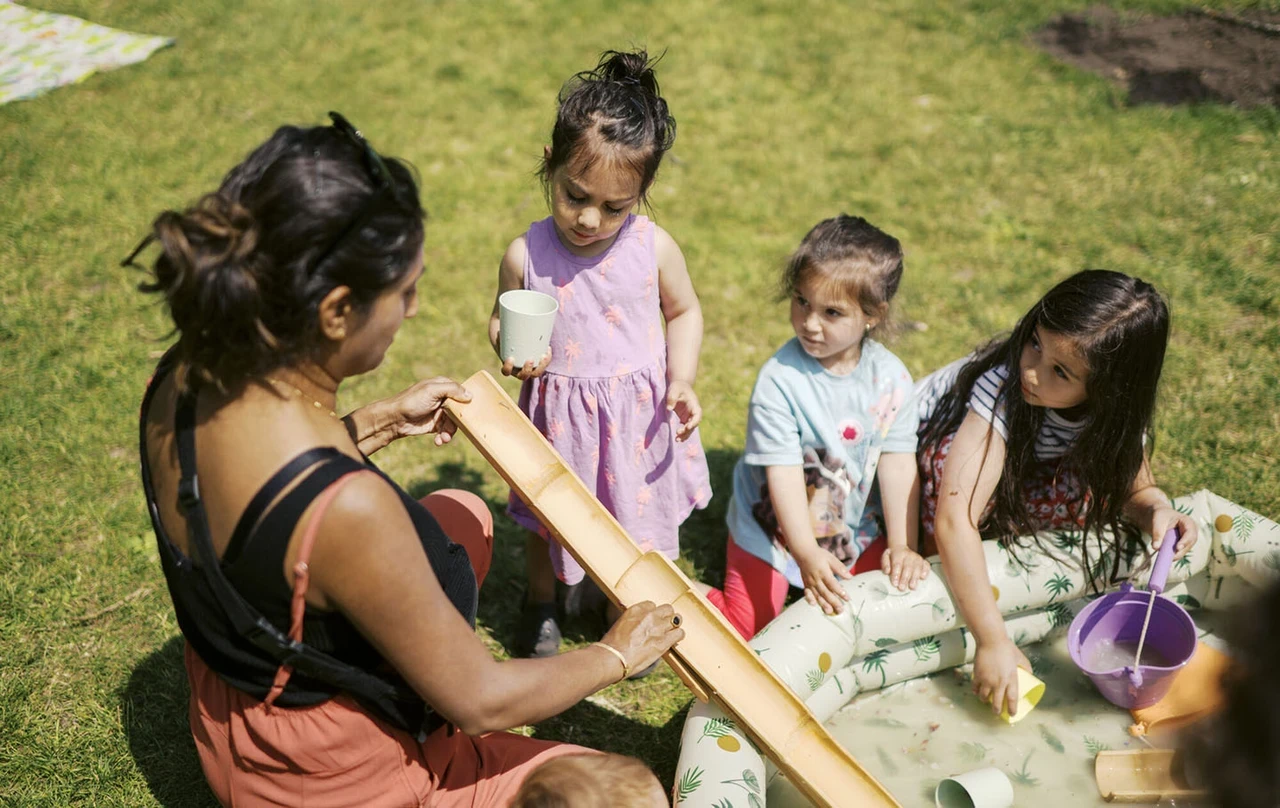
Over the next year we will invest £3million in the upcoming renewal of the Diana, Princess of Wales Memorial Playground in Kensington Gardens. With millions of children visiting these playgrounds each year, equipment gets worn out quickly, so the need for continuous investment in these playgrounds is ever present.
Alongside the investment in playgrounds, The Royal Parks charity is running Play in the Park, a programme in Kensington Gardens, The Regent’s Park and Greenwich Park, to facilitate outdoor play and help children connect with each other and nature. The programme is funded by the London Marathon Foundation and is delivered in partnership with London Play, a charity that champions play for children across London.
We caught up with Hadeel Elshak, Play Officer at The Royal Parks, who leads on the Play in the Park programme for Kensington Gardens. She works with community groups local to North Kensington, invites them into Kensington Gardens for play sessions, and runs play events open to the public in the park.
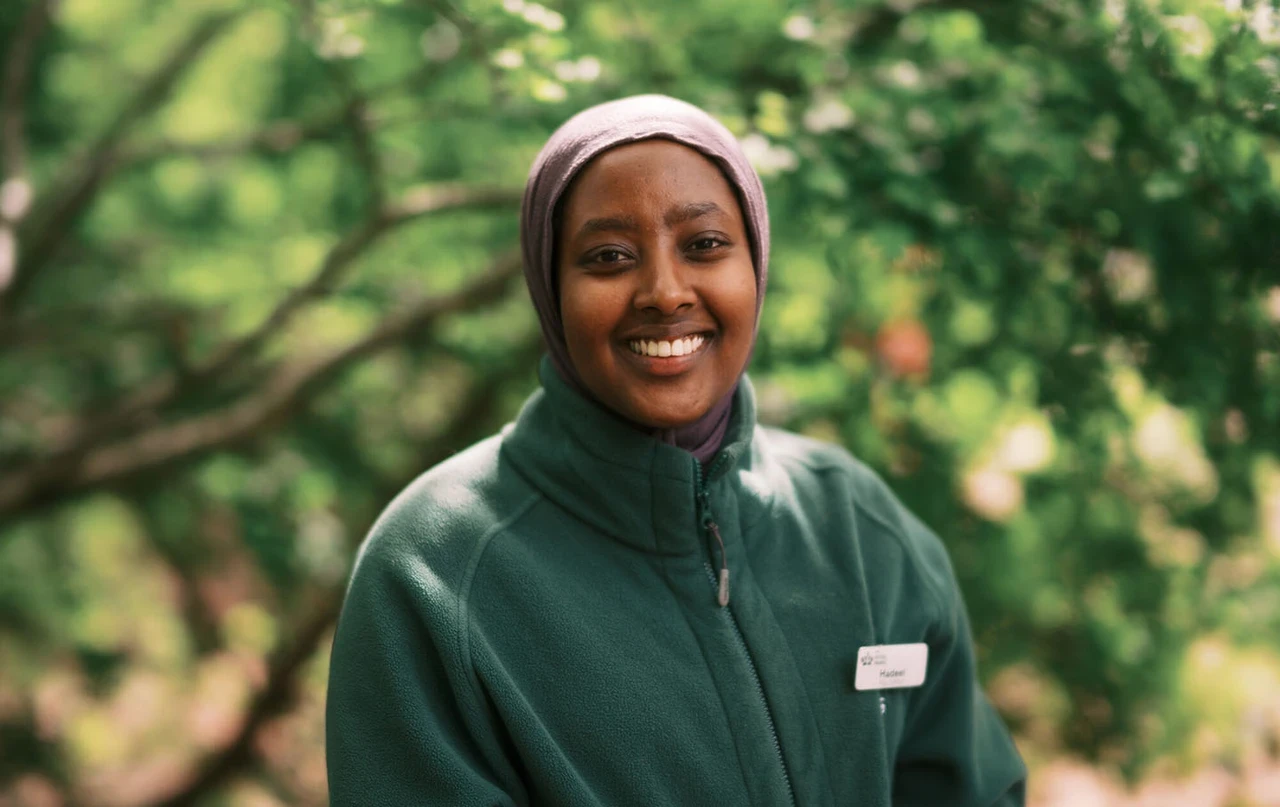
An interview with Hadeel Elshak, Play Officer at The Royal Parks
"I have fond memories of playing out
I grew up in an estate, five minutes from Hammersmith Bridge.
My sister and I had lots of freedom to play outside in the communal areas. Kids would knock on our door to invite us out to play out or sometimes we would hear a ball being kicked or kids chatting outside, and we would just run out to join them.
As kids, we never felt like us playing was a nuisance to our neighbours. What was special about this type of play, was that it was self-directed. We made up the games, and we played them. We were the decision makers, not the adults.
Unfortunately, kids playing out in this way does not seem to be the norm anymore."
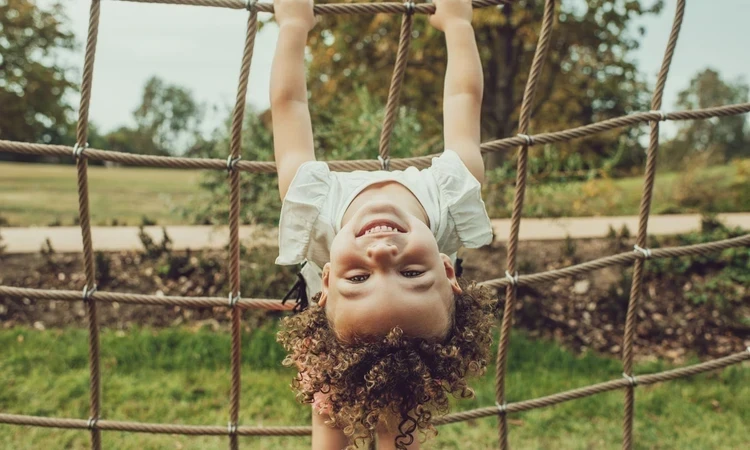
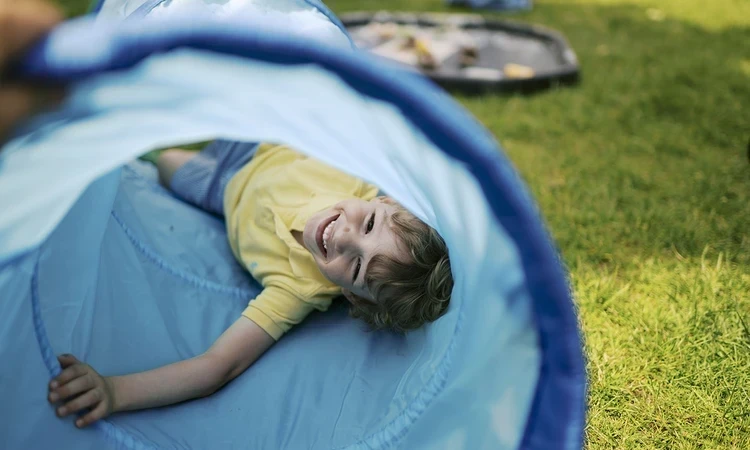
"I think that society needs to facilitate play
It’s not just down to kids and parents. Together we need to prioritise play otherwise we could be raising an unhappy generation. This can be through designing cities and buildings with children in mind and the provision of free high-quality playgrounds and play programmes.
Aside from the obvious physical and emotional benefits to children, play also teaches children conflict resolution skills and the art of compromise. It’s quite literally preparing them for adult life."
"The explosion in technology is having an impact on children playing outside
Playing used to mean playing outside, usually doing something active and in person with other children. But now it can mean playing online and playing video games. And unfortunately, that often means kids staying at home, not actively moving or socialising, and staring at a screen.
Amid the cost-of-living crisis many households are having to work longer hours and are exhausted when they arrive home. I imagine parents or carers might not have the energy to play with their kids or take them out as often as they would like, so screens might sometimes be filling that gap."
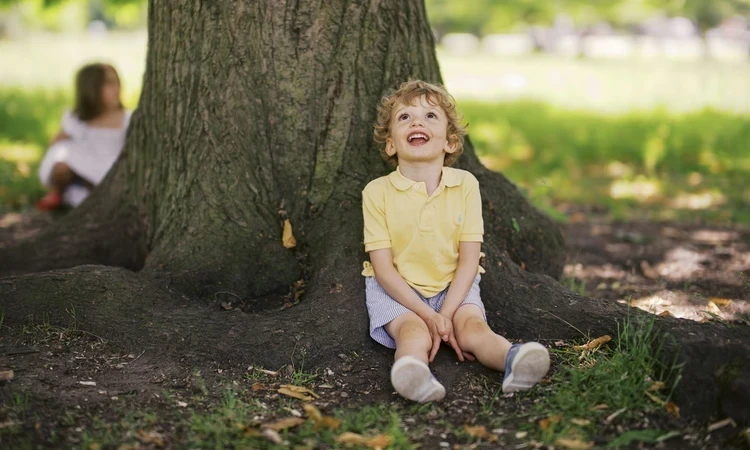
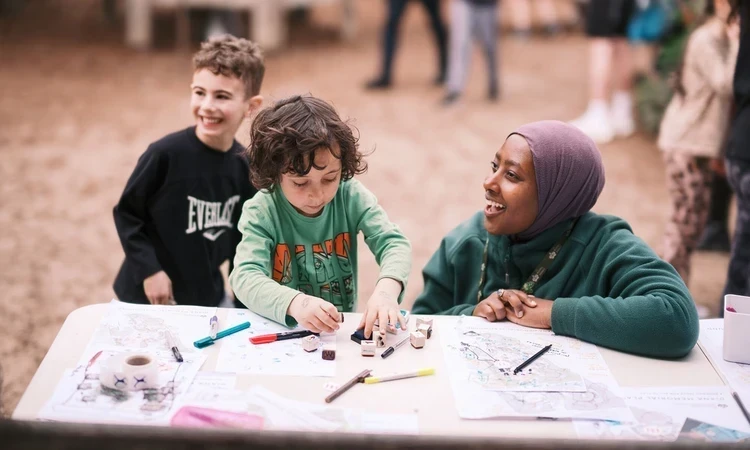
"I believe that loneliness is on the rise, but play helps combat it
Play is an integral part of helping children feel connected to their community, and to exercise their social skills. Without it they lose the foundation of how to relate to their peers. It is concerning that children are not playing enough outside."
"A lot of the community groups I work with have never set foot in Kensington Gardens, despite it being fairly local to them.
It’s been really rewarding seeing them enjoy the space along with their children. For some families, they are having brand new experiences, like bird watching with binoculars or meadow sweeping. The benefits of playing in nature are numerous and it’s important to us that everyone feels welcome in each of London’s eight Royal Parks."
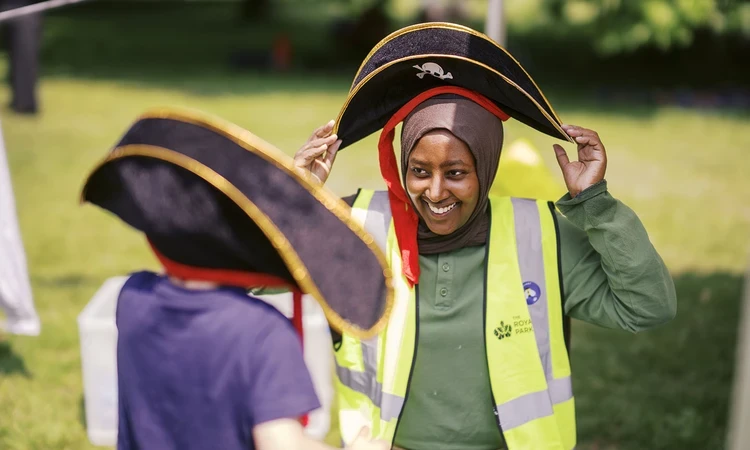
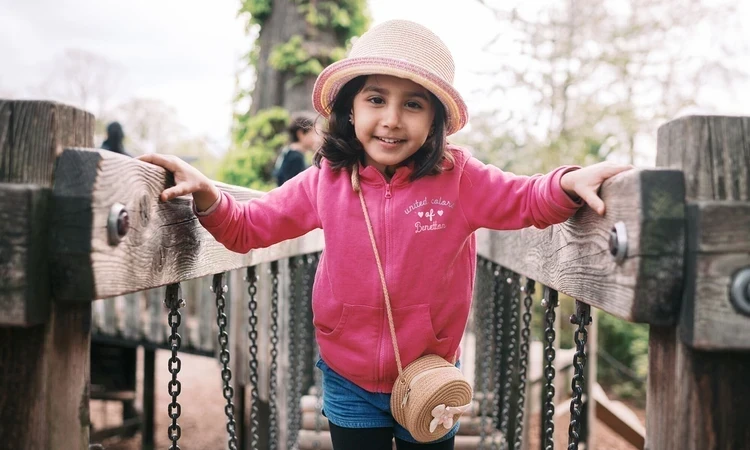
References
*Save The Children press release. Research carried out by OnePoll.
**Screen Time: Impacts on education and wellbeing. UK Parliament Education Committee, 25 May 2024.
Related Articles
-
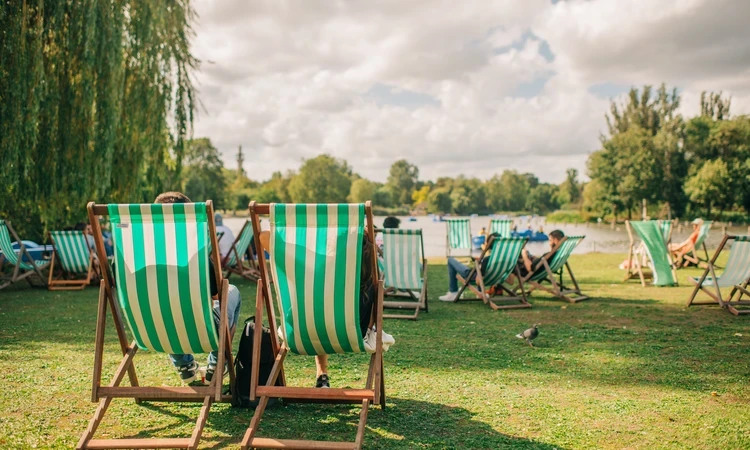 Read
ReadTop things to do in the Royal Parks this summer
From guided walks, citizen science projects, or just some good music, the Royal Parks has you covered this summer.
-
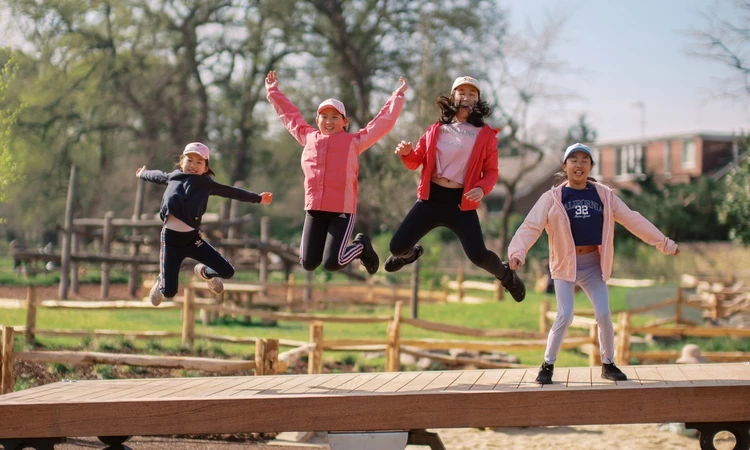
Hundreds of families plant trees at Petersham Playground
Hundreds of families plant trees to celebrate opening of Richmond Park’s new Petersham Playground
-
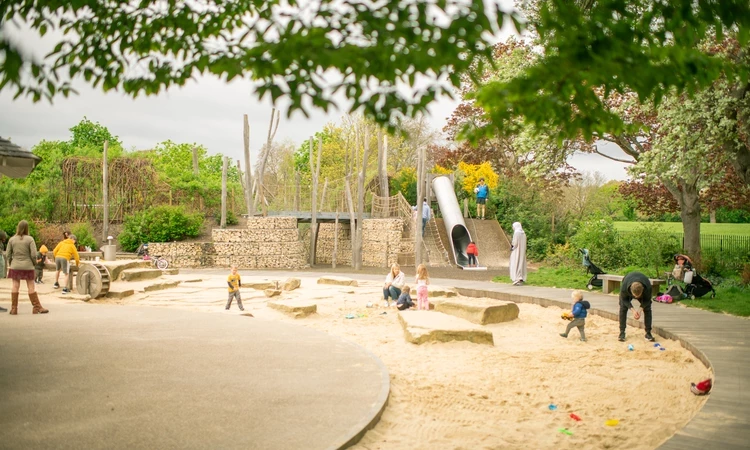
Visits up by 50% at playground in The Regent's Park
The local community was out in force to celebrate the transformation of the natural and inclusive Gloucester Gate Playground in The Regent's Park.

